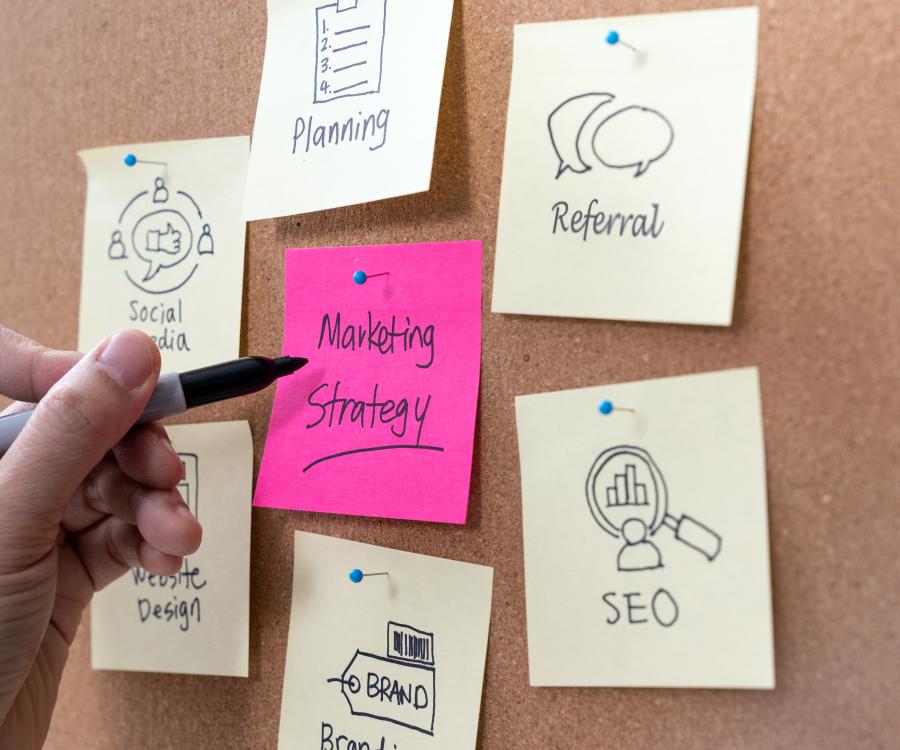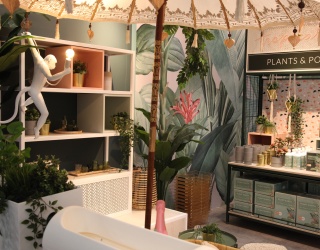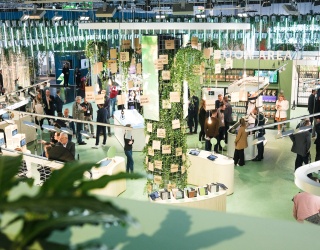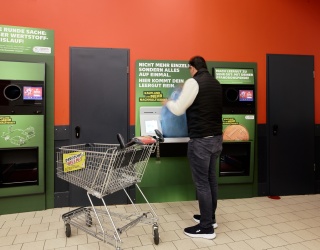Major retail chains like Coop and Marks & Spencer are role models in many ways when it comes to sustainable retail. They heap awards and accolades for their responsible projects and approaches. Other retailers should also acknowledge this positive effect on consumer perceptions and recognize the benefits of sustainable projects.
“Retailers like Lidl used to have a downright grungy image, but now they receive numerous awards for their sustainable initiatives“. (Dr. Meike Gebhard)
“Retail businesses often consider sustainability important, but it is rarely implemented across all levels,“ says Michael Lierow, Partner & Sustainability Expert at the management consulting firm Oliver Wyman. Meanwhile, it is a proven fact that a far-sighted approach to products and value chains can increase revenues and drastically reduce costs – especially in the areas of energy and logistics.
“Examples like Coop in Switzerland and Marks & Spencer in the UK show that millions and billions of sales and savings can be achieved with long-term and rigorously implemented process management,“ explains Lierow and emphasizes, “Sustainability and profitability are not mutually exclusive, they complement each other: sustainability enables you to reach more customers, generate more revenue and increase profits.“
The prerequisite for this is that companies are also transparent in communicating their efforts. Since 2008, Dr. Meike Gebhard has been the CEO of Utopia, an Internet platform for sustainable consumption that assists companies with their sustainability communication. She also mentions Coop as an exemplary company because it consistently communicates about sustainability. Customers automatically associate the name Coop with sustainability.

Making sustainability visible
She adds that developments in major supermarket retail chains reveal that it isn’t always easy to find the right path from the start to show consumers what actions a company is taking. “REWE has adopted a very complex sustainability concept for quite some time, but initially had trouble communicating this fact. Meanwhile, EDEKA at first only communicated its partnership with WWF via spots, but proved ultimately right on par with its impact on the end consumer“.
Gebhard emphasizes that in communication, a consistent sustainability strategy that customers can understand is vital. “A commitment to sustainable products is great but also exacting. You need lighthouse projects and changes in the store that are visible because changes cost money and time and should obviously also pay off“. She mentions H&M as an example. ”The store marks organic cotton products at the POS for example with a special green hue on the wall or on signs“.
“Sustainability needs dialog to increase the acceptance of this concept among all stakeholders“. (German Federal Ministry for the Environment, Nature Conservation and Nuclear Safety, BMU)
This visibility is important to increase the consumer’s willingness to pay. Gebhard explains, “The willingness increases if customers want to treat themselves to something good. The biggest challenge then is reaching the masses. Retailers should use all the channels they already use for this – social media, popular marketing channels such as ad inserts and traditional media“.
Small companies can also go green
The fact that Coop and H&M are able to communicate their sustainability efforts to consumers so well is certainly a result of their available resources. Companies like these frequently also have sustainability officers. But what about small and medium-sized enterprises?
Memo AG, the online mail order business for everyday products, and its 130 employees take sustainability in all areas very seriously. Not only are the company’s products sustainable, it also emphasizes a long-term, responsible approach in other areas – and has done so for the past 25 years. The company makes sure products put as little strain as possible on people, the environment and the climate during the manufacturing process, use and disposal. The sustainability officer is in charge of corporate social responsibility.

“It’s obviously easier for large companies to advertise their involvement with big green marketing campaigns. However, sustainability permeates our entire company and is not just an isolated effort. Needless to say, we don’t attract as much attention as a small company. That’s why it is all the more important for us to communicate our philosophy – for instance through press releases, marketing, and inserts in other publications. We publish a sustainability report every two years. What’s more, one of my colleagues has been in charge of just the social media sector of our company for the past year,“ says Claudia Silber. The result: “Lively communication with customers. Our customers are interested and recognize the added benefits of a sustainable strategy. Right now, a lot is happening in consumer perceptions,“ she says.
Dr. Meike Gebhard agrees, “Sustainability has experienced an enormous boost over the past two to three years“. That’s why it is increasingly important for companies to plan and implement first measures. “Even small efforts are being rewarded,“ she says and adds, “Everyone chooses to do something they can achieve. Compromises are part of the game. After all, I also take the car to travel long distances and not my bike. And companies are who they are. The point is to go on a journey and consider the next steps“.






